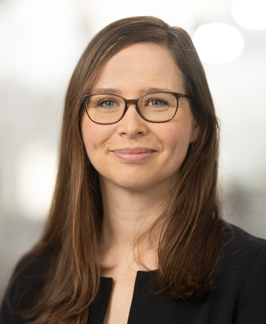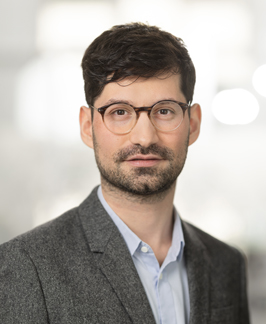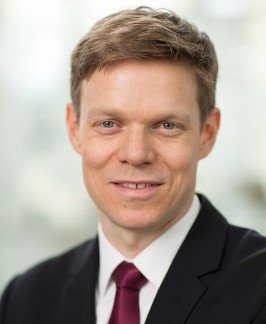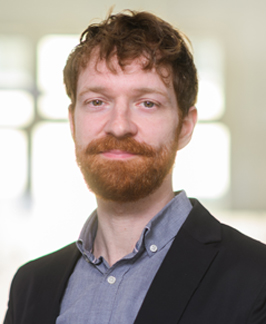Naturalisation as an ‘integration booster’ for refugees
About the project
Obtaining a German passport can positively transform the lives of people with a refugee background. So far, however, the path to naturalisation in Germany was lengthy, complex and challenging, in part because of structural issues in the administration. Against the background of years of political discussions regarding the reform of citizenship law, this project aims to take a closer look at naturalisation practices and the experiences that refugees make with regard to naturalisation in Germany. In order to gain a comprehensive understanding of this highly salient topic, three different research perspectives are combined:
1. Naturalisation from the perspective of refugees
In Germany, refugees have a significantly higher tendency to naturalise compared to other groups. This is particularly true in the case of Syrians refugees, most of whom immigrated to Germany in 2015/16. Research shows that naturalisation tends to promote integration, especially for migrants that are economically disadvantaged or because of their status. However, there is still little knowledge about the specific motivations of refugees for naturalising, and how naturalisation affects their lives, especially with regard to their participation and identification with Germany. In addition, the reforms of the citizenship law adopted in 2024 as well as potential further legislative changes after the 2025 elections may affect the naturalisation intentions and naturalisation behaviour of people with a refugee background.
In order to fill this research gap and analyse the latest developments, the SVR’s scientific staff is conducting a research project that examines the naturalisation behaviour of refugees and the importance of naturalisation in their integration process in greater depth. This research relies on the analysis of large datasets and on qualitative interviews with refugees engaged in the naturalisation process.
2. Naturalisation from the perspective of the administration
The administration’s naturalisation practice is a key part of the integration management of federal states and municipalities. The administration faces major challenges, with growing numbers of naturalisation applications and multiple administrative restructuring and ongoing reforms. Federal states and municipalities are developing solutions to improve access to naturalisation, especially for refugees. The project examines the authorities’ naturalisation practices and their strategies in depth.
3. Germany in international comparison
Compared to other immigration countries, the naturalisation numbers in Germany are rather low. The research project compares the situation in Germany with that in Sweden and France, where the naturalisation of refugees plays or has played a significant role. This international comparison shall identify lessons that can be learned from the comparison countries regarding integration management.
Aims of the project
The project, funded by Stiftung Mercator, aims to improve the understanding of the naturalisation behaviour of refugees based on research findings, develop concrete solutions to optimise the administrative process of naturalisation and strengthen local integration of refugees.
The project’s findings and recommendations for action will be shared with stakeholders in politics, administration, business and civil society as well as the wider public in a series of publications and events.




